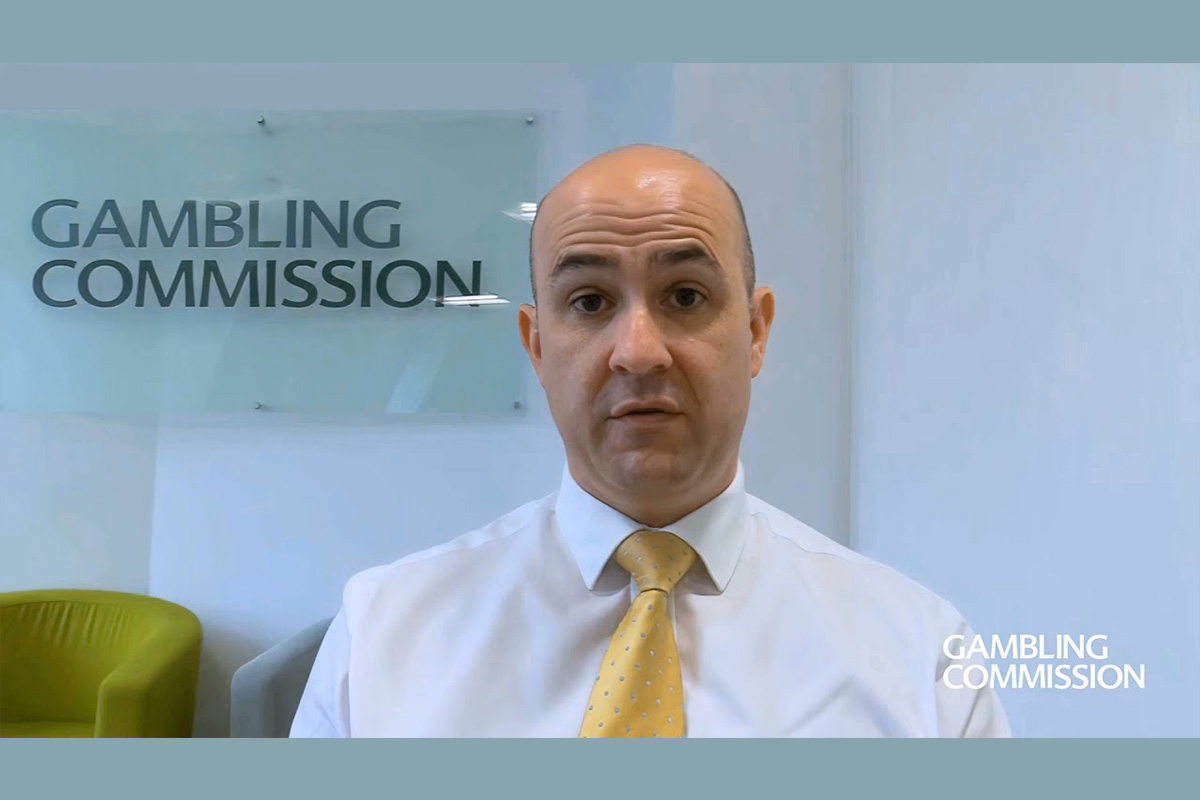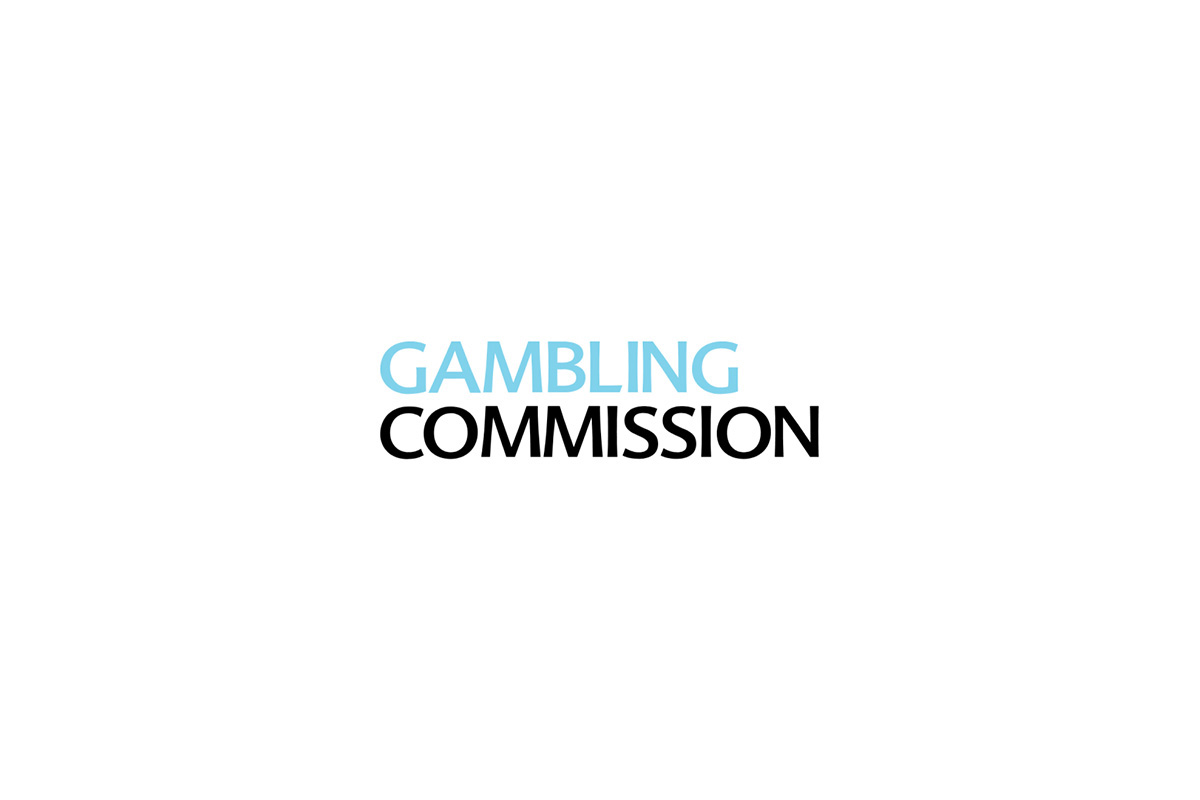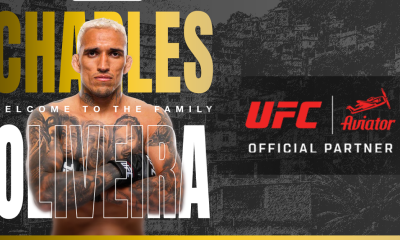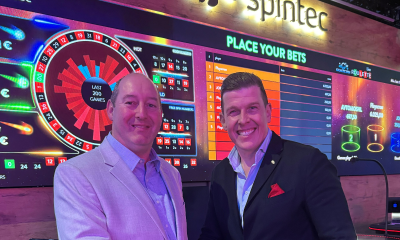gambling industry
SCCG Announces Strategic Partnership with Pillow Fight Championship

SCCG Management, the pioneering advisory firm in the global gambling industry, announced a strategic partnership with the innovative sports league, Pillow Fight Championship (PFC). This collaboration aims to elevate PFC’s global stature, leveraging SCCG’s extensive experience with sports leagues and teams across North America.
Originating from the idea of merging the ancient play weapon “the pillow” with trained MMA competitors and boxers, Pillow Fight Championship has rapidly grown into a sport that captivates audiences worldwide. By emphasizing the strength, stamina, and strategic skills akin to other combat sports, PFC provides the same intensity and excitement but adds an unparalleled layer of entertainment and fun.
Steve Williams, CEO of PFC, said: “I am very happy to announce our partnership with SCCG Management. Stephen Crystal and his team are uniquely positioned to assist PFC in globally growing the sport, the league, and the brand. I’ve been scouring the planet for the very rare people that have the right experience, reputation, and attitude to help me grow this great new Pillow Fighting Sport into a global powerhouse. The entire SCCG team ‘gets it’ and exemplifies what Pillow Fight Championship is all about, ‘Total Positivity and Success’.”
Stephen Crystal, Founder and CEO of SCCG Management, said: “PFC has tapped into a unique and dynamic sports category that seamlessly blends physical skills, strategy, and is massively entertaining. We’re thrilled to bring our expertise in the niche sports sector to further amplify PFC’s global reach and potential. This is a match made in heaven – or perhaps, on a comfortable pillow.”
As part of the collaboration, SCCG Management will provide PFC with an array of business development services. This includes sponsorships, ticketing, hospitality, capital raising, merchandising, licensing, media rights, betting and data, gamification, casino venues, and even opportunities within the collegiate circuit. The partnership’s facilitation was assisted by Thomas Christopher.
Andrew Rhodes
Andrew Rhodes to Step Down as CEO of UK Gambling Commission

The UK Gambling Commission has announced that Andrew Rhodes has decided to leave the Commission on 30 April 2026, to take up a new role, which will be announced in due course.
Andrew has provided outstanding leadership of the Commission for almost five years and has overseen a transformation of the Commission and how it regulates the gambling Industry.
Andrew has led the work required from the Commission to implement the Gambling Act Review, with a strong focus on consumer safeguards. This has included the introduction of financial vulnerability checks, reducing the intensity of online games, and banning potentially harmful marketing offers. He has also overseen the introduction of the Gambling Survey for Great Britain, now one of the largest surveys of gambling behaviour in the world.
Amongst his other achievements, Andrew oversaw the successful implementation of the Fourth National Lottery licence and transformed the Commission’s approach to regulation through more robust and outcome-focused strategies.
He said: “It has been a privilege to lead the Gambling Commission through such an important period of change. I am proud of the progress we have made to strengthen regulation, improve consumer protections, and ensure gambling is safer and fairer. I leave with confidence in the organisation, its people, and the work still to come.”
Charles Counsell, Interim Chair of the Gambling Commission, said: “Andrew has provided outstanding leadership for nearly five years and leaves a strong legacy. He has led the Commission through major reform, strengthened our regulatory approach, and ensured consumer protection has remained at the heart of our work. On behalf of the Board, I would like to thank Andrew for his dedication and wish him every success in the future.”
The Commission will shortly begin the process of recruiting a Chief Executive for an interim period. Deputy Chief Executive Sarah Gardner will step up as Acting Chief Executive to cover the areas of work that Andrew will step back from during this transitional period.
The post Andrew Rhodes to Step Down as CEO of UK Gambling Commission appeared first on Eastern European Gaming | Global iGaming & Tech Intelligence Hub.
Compliance Updates
UKGC Publishes Further Data on the Gambling Industry in Great Britain

The UK Gambling Commission has published further data on the gambling industry in Great Britain.
The data, sourced from operators, reflects the period between March 2020 and December 2025, inclusive, and covers online and in-person gambling covering betting premises found on Britain’s high streets.
The release compares Quarter 3 (Q3) of financial year 2025 to 2026, with Q3 of 2024 to 2025, looking at how the market has changed in comparative periods over a year.
This is the third quarter since the maximum stake limit for online slots games was introduced. The £5 limit for all adults went live 9 April 2025 and the £2 limit for adults aged 18 to 24 went live 21 May 2025.
The latest operator data shows:
• online total Gross Gambling Yield (GGY) in Q3 (October to December) was £1.5 billion, a decrease of 2% from Q3 the previous year. The overall number of total bets and spins increased 6% Year-on-Year (YoY), to 27.4 billion, whilst the average monthly active accounts in the quarter decreased 2%, to 12.7 million during the same time-frame.
• real event betting GGY decreased by 18% YoY to £530 million. The number of bets decreased 6%, while the average monthly active accounts in Q3 decreased 7%.
• slots GGY increased 10% to £788 million YoY. The number of spins increased 7% to 25.7 billion while the average monthly active accounts in Q3 increased 5% to 4.6 million per month. The GGY and number of spins represented new peaks for this dataset for the third quarter in a row.
• the number of online slots sessions lasting longer than an hour decreased by 16% YoY to 8.9 million. The average session length decreased by 2 minutes to 16 minutes. Approximately 4.4% of all sessions lasted more than one hour, a decrease from 6.2% in Q3 the previous year. A couple of operators have refined their session length methodology during the previous year which will impact year-on-year comparisons on the number of sessions, sessions over one hour and average session length metrics.
• betting premises GGY decreased by 7% to £549 million in Q3 2025 to 2026, compared to the same quarter last year. The number of total bets and spins decreased by 1% to 3.1 billion.
The post UKGC Publishes Further Data on the Gambling Industry in Great Britain appeared first on Eastern European Gaming | Global iGaming & Tech Intelligence Hub.
Australia
RTG Global Awards to be Presented During Regulating the Game 2026 Gala Dinner on 10 March 2026

Reading Time: 2 minutes
Momentum is building for the inaugural RTG Global Awards – a new global platform celebrating excellence in leadership, innovation and impact across the gambling industry.
Designed to spotlight those advancing integrity, safer gambling and sector resilience, the awards have attracted international attention from organisations driving meaningful reform and raising industry standards.
To be presented at the Regulating the Game 2026 Gala Dinner on Tuesday March 10, 2026 at the Sofitel Sydney Wentworth, the RTG Global Awards recognise excellence across leadership, safer gambling, compliance, technology innovation and community impact.
Paul Newson, principal at Vanguard Overwatch and founder of Regulating the Game, said the awards have struck a chord with the sector:
“There’s a genuine need to acknowledge those striving to lift standards and lead with purpose. The RTG Global Awards provide a platform to celebrate excellence, integrity, and innovation – and to champion those shaping a stronger, more sustainable industry.”
The RTG Global Awards feature six categories:
Leadership Voice – Recognising principled, reform-focused leadership that strengthens capability, trust and integrity.
Safer Gambling Champion – Celebrating initiatives that deliver meaningful harm minimisation outcomes.
Compliance Excellence – Highlighting uplift in AML, risk culture and regulatory compliance.
RegTech Solution of the Year – Showcasing technologies improving sector integrity and compliance.
Community Impact Initiative – Rewarding projects delivering tangible community benefit.
Emerging Leader – Spotlighting rising talent (under 40) driving positive change.
Nominations are now open – anyone can put forward a colleague, organisation or initiative that exemplifies leadership and impact.
The RTG Global Awards judging panel brings together internationally respected leaders with deep expertise across integrity, gambling law and safer gambling, including:
Khalid Ali, Chief Executive Officer, International Betting Integrity Association (IBIA)
Jamie Nettleton, Partner, Addisons, and former President, International Masters of Gaming Law (IMGL)
Tracy Parker, Vice-President, Policy, Standards & Accreditation, Responsible Gambling Council (RGC)
Together, they bring a wealth of global experience and insight to the judging process – ensuring the awards reflect genuine excellence, leadership and impact across the international gambling sector.
The post RTG Global Awards to be Presented During Regulating the Game 2026 Gala Dinner on 10 March 2026 appeared first on European Gaming Industry News.
-

 Aphrodite’s Kiss5 days ago
Aphrodite’s Kiss5 days agoLove on the Reels: Slotland Introduces “Aphrodite’s Kiss”
-

 Amusnet5 days ago
Amusnet5 days agoWeek 7/2026 slot games releases
-

 Denmark6 days ago
Denmark6 days agoRoyalCasino Partners with ScatterKings for Company’s Danish Launch
-

 Baltics6 days ago
Baltics6 days agoEstonia to Reinstate 5.5% Online Gambling Tax From March 1
-

 Booming Games6 days ago
Booming Games6 days agoTreasure Hunt Revival — Booming Games Launches Gold Gold Gold Hold and Win
-

 Brino Games5 days ago
Brino Games5 days agoQTech Games integrates more creative content from Brino Games
-

 ELA Games6 days ago
ELA Games6 days agoELA Games Unveils Tea Party of Fortune — A Magical Multiplier Experience
-

 Bet Rite6 days ago
Bet Rite6 days agoSpintec Expands into Canada with Bet Rite































